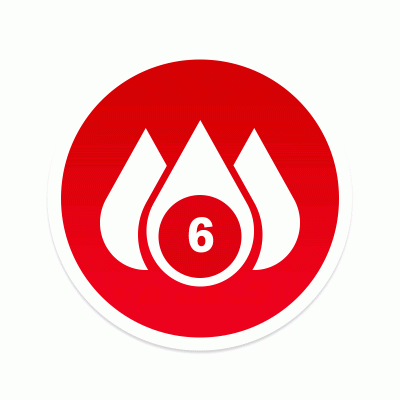When I am in my weekly Torah study class, I often find myself wondering, “That’s what the English says but what does the original Hebrew say?” As a guy who does not read or speak Hebrew, here is how I figure it out.
The built-in Hebrew dictionary at sefaria.org makes it easy to translate biblical Hebrew into English, even if you don’t read Hebrew very well.
The websites referenced in this video are
The Torah is the first five books of the Bible: Genesis, Exodos, Leviticus, Numbers, and Deuteronomy.

HI Art, a small correction. The word in Hebrew in that passage is not Mayim (which means water.)
The word in the passage is Mi-Yam. Yam meaning “sea”. The Mi prefix meaning “from”. So the passage says, indeed, that Moses led the people “From” the “Sea of Reeds.” When you double clicked on מִיַּם (mi-yom, note the single dot under the mem, not a horizontal line) you got the definition of יָם (yam) which indeed means “sea.”
The third definition of סוּף (soof) is indeed applicable, meaning “reed” or “rushes”, and gives us the real name of the “Red Sea” or “Sea of Reeds.”
There’s some symbolism in our crossing of a Sea of Reeds or Rushes, since Moses, as a child, was hidden in the Rushes along the Nile. Check out Exodus 2:5, where Pharaoh’s daughter finds Moses in the midst of the Rushes (הַסּ֔וּף — Ha’soof) I’ve never heard this idea brought by anyone else — it just occurred to me.
Hebrew is a very logical language. It’s composed of three (or sometimes four) consonant root words, which are extended by prefixes and suffixes, and augmented by vowels (points) to change pronunciation. This is probably why Mayim and Yam are similar. This is also how you get Tzedaka (Charity) from Tzedek (righteousness).
The song from camp quotes a biblical passage Shaftem Mayim B’Sasson – which refers to drawing water from a fountain. http://www.hebrewsongs.com/?song=mayimmayim
B’shalom,
Ed
Ed,
Thank you for the detailed correction. You are right, of course. That’s what I get for relying on camp song lyrics as a basis for my Hebrew vocabulary.
I think that the Torah Hebrew words for water and sea must be either closely related or even identical since both use the same three consonants: mem-yud-mem.
— Art Z.
Art, it is great to see you reading and translating the Hebrew Bible. One of my Pastors years ago never used an English Bible when preaching, but translated directly from the Hebrew or Greek. His Sermons were always full of insight and meaning, bringing the scriptures alive as Christ himself would have. Love it !! Shalom from New Zealand
Great insight, Owen. There is so much depth to be explored when we dig in and wrestle with the authors’ words. Shalom to you in NZ 🙂